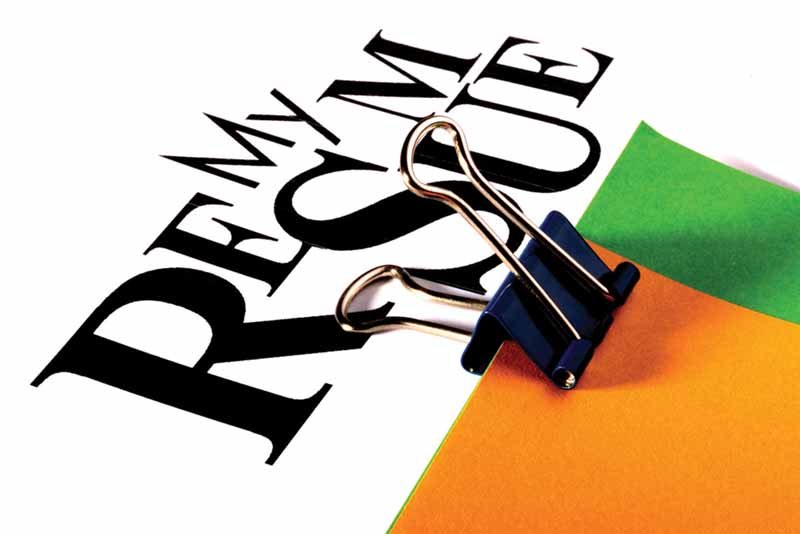 The value of getting an internship while still in high school keeps increasing as college admissions continue to get more competitive and the entry-level job market tightens. An internship is essentially on-the-job training in a field that interests the student, so it’s also a great way to gain experience and information about a potential career. This can ensure that high school seniors make the right choices about what to major in and which college to attend. Students may also learn which jobs don’t interest them and can thus avoid wasting time and money resulting from changing majors.
The value of getting an internship while still in high school keeps increasing as college admissions continue to get more competitive and the entry-level job market tightens. An internship is essentially on-the-job training in a field that interests the student, so it’s also a great way to gain experience and information about a potential career. This can ensure that high school seniors make the right choices about what to major in and which college to attend. Students may also learn which jobs don’t interest them and can thus avoid wasting time and money resulting from changing majors.
Internships Get Noticed On College Resumes
Completing a high school internship is so important because it can set a student apart from his/her peers, strengthening the college application and future job prospects. The skills needed to secure and succeed in a professional internship, such as good communication skills, maturity and motivation, also make a desirable college applicant.
“Career development activities, such as internships and volunteering, are becoming increasingly important for high school students who want to get into better colleges and find future employment, according to a study by Internships.com and the research and consulting firm Millennial Branding.” Students benefit by gaining new skills, relevant work experience and future networking opportunities with professionals in the field.
Finding An Internship Opportunity
Internships for high school students are not as numerous as those offered to college students. Because most high school internship opportunities are not advertised or actively recruited for, finding them requires using targeted networking and search techniques. This will take some effort and creativity but will help open doors if done effectively. First, know what you are looking for: what fields and industries are you interested in? What local companies and organizations offer those types of jobs? Do some research online to find out.
Create a resume and a profile summary with your objective, type of experience you are seeking, and your skills. Students often possess strong computer, lab, research, fine arts and sports skills that are valuable in the workplace. Next, talk to family, friends, teachers, previous employers, etc. And leverage your contacts’ network with powerful social media tools like LinkedIn. This can help students make connections to people several degrees of separation away but who are in positions to provide information and introductions to internship opportunities.
Evaluating Internship Opportunities
Be careful of internships with vague descriptions and responsibilities, as well as any position that requires an initial payment by the student. Search for opportunities that explicitly spell out what the student will be learning and who they will be learning it from. Many high school internships (as well as some college internships) are unpaid. If it is financially feasible for a student to work without getting paid, consider it a winning investment in their future.
Remember, the student will be learning on the job and should be able to parlay his/her experience into a better college resume, along with better and more job opportunities in the future. The Society for Human Resource Management reports that “70 percent of companies say that high school students who completed their internship program are either “very likely” or “completely likely” to eventually land a college internship with their company. And 45 percent said that high school internships will “very likely” or “completely likely” turn into a full-time job at their company. With statistics like that, investing in a high school internship is a no-brainer.
Lisa Kornberg is the founder of College Biz Prep, which provides college planning and internship advisory services for prospective undergraduate business majors. She is a tenured high school business education teacher, MBA-degreed experienced professional and Ivy League alumni interviewer. Email lisa@collegebizprep.com for more information.
































